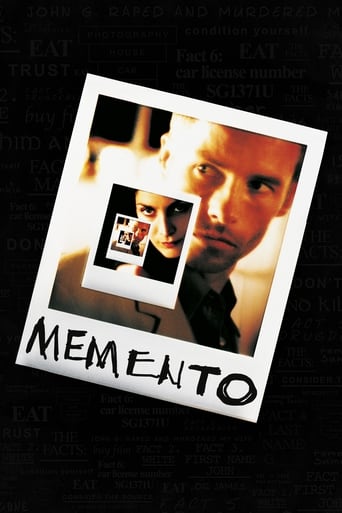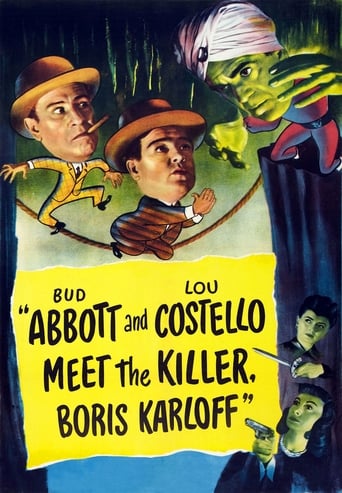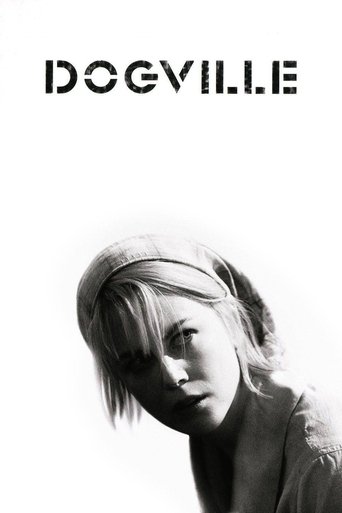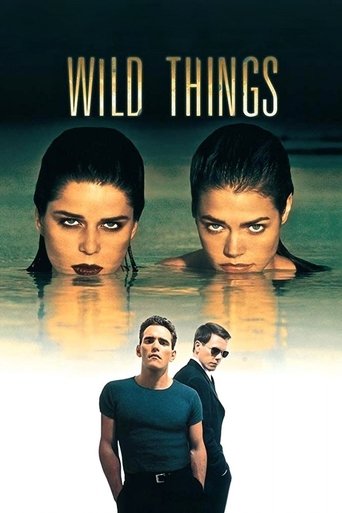
Carry-On (2024)
An airport security officer races to outsmart a mysterious traveler forcing him to let a dangerous item slip onto a Christmas Eve flight.
- Riley Flanagan
- Jaume Collet-Serra
- Benita Allen
- Dave Macomber
- Kevin O'Neill
- Matthew Sewell
- Josh Stephenson
- Renetta G. Amador
- T.J. Fixman
Rating: 6.984/10 by 604 users
Alternative Title:
בידוק - IL
چمدان - IR
Country:
United States of America
Language:
English
Runtime: 01 hour 59 minutes
Budget: $0
Revenue: $0
Plot Keyword: blackmail, flight, los angeles, california, christmas eve, los angeles airport (lax), excited, frustrated
The worst movie of 2024 I know that sounds like hyperbole, but Carry-on truly is one the dumbest most asinine movies ever made. The movie is completely devoid of any logic and sense. The plot is idiotic to say the least and the same can be said for everything done by the characters. I know movies can take artistic freedoms some times, but when you have among other equally brain dead moments scenes of gunshots in airport bathrooms, inside airplanes and stabbings in the middle of busy airport lobbies and nobody somehow magically notices this nor is at all worried about this or the TSA agent acting all erratically you are acting a bit too much of the viewer. I have to say I did have to laugh at how surreal and stupid the scene is where the lead's girlfriend is talking to him in the middle of a airport lobby and a big old red dot appears smack on her forehead and nobody notices anything. Trust me you don't want to watch this movie. 2024 has been a terrible year for movies, but Carry-on is my nomination for the worst movie of 2024 with zero redeeming factors.
**Stay away, you have been warned!** This movie was so absurd that I felt compelled to write this review to warn others. From start to finish, it’s a series of implausible and downright ridiculous events. The portrayal of airport security in particular is laughably unrealistic. I hardly know where to begin, but here are just a few examples: there’s a gunfire incident in the airport bathroom that somehow goes unnoticed, a TSA officer is stabbed in a public area with no reaction from anyone, and a random guy drives his van around the airport like it’s his personal property. These are just a few of the endless, nonsensical scenes that will leave you shaking your head in disbelief. To make matters worse, the protagonist makes one frustratingly foolish decision after another, leaving you more annoyed than invested. It’s almost as if the movie is determined to test your patience at every turn. This is, without a doubt, the dumbest movie of the year. It doesn’t deserve more than 1 star, and I’m baffled that it has a rating above 6—it’s a joke. Save yourself the frustration and skip this one.
Jaume Collet-Serra’s "Carry On" is a holiday action thriller that blends sharp direction, engaging storytelling, and great performances. The movie’s attention to detail is exceptional, with every scene serving a purpose. Its tightly woven plot moves briskly, delivering compelling twists without unnecessary fluff. This refreshing approach ensures an engaging experience. Egerton’s performance stands out, portraying a mix of vulnerability and tenacity that makes Ethan relatable. Jason Bateman excels as the chilling antagonist. The emotional depth brought by Collet-Serra’s direction ensures you’re invested in the characters. The cinematography adds to the tension, with creative shots and dynamic angles enhancing the airport setting. Memorable scenes and immersive visuals elevate the story, making the film a visual treat. "Carry On" balances its thrills with genuine emotion, offering a gripping, high-stakes narrative about choices and resilience. It’s a smart, thrilling ride that’s well worth the time.












































































